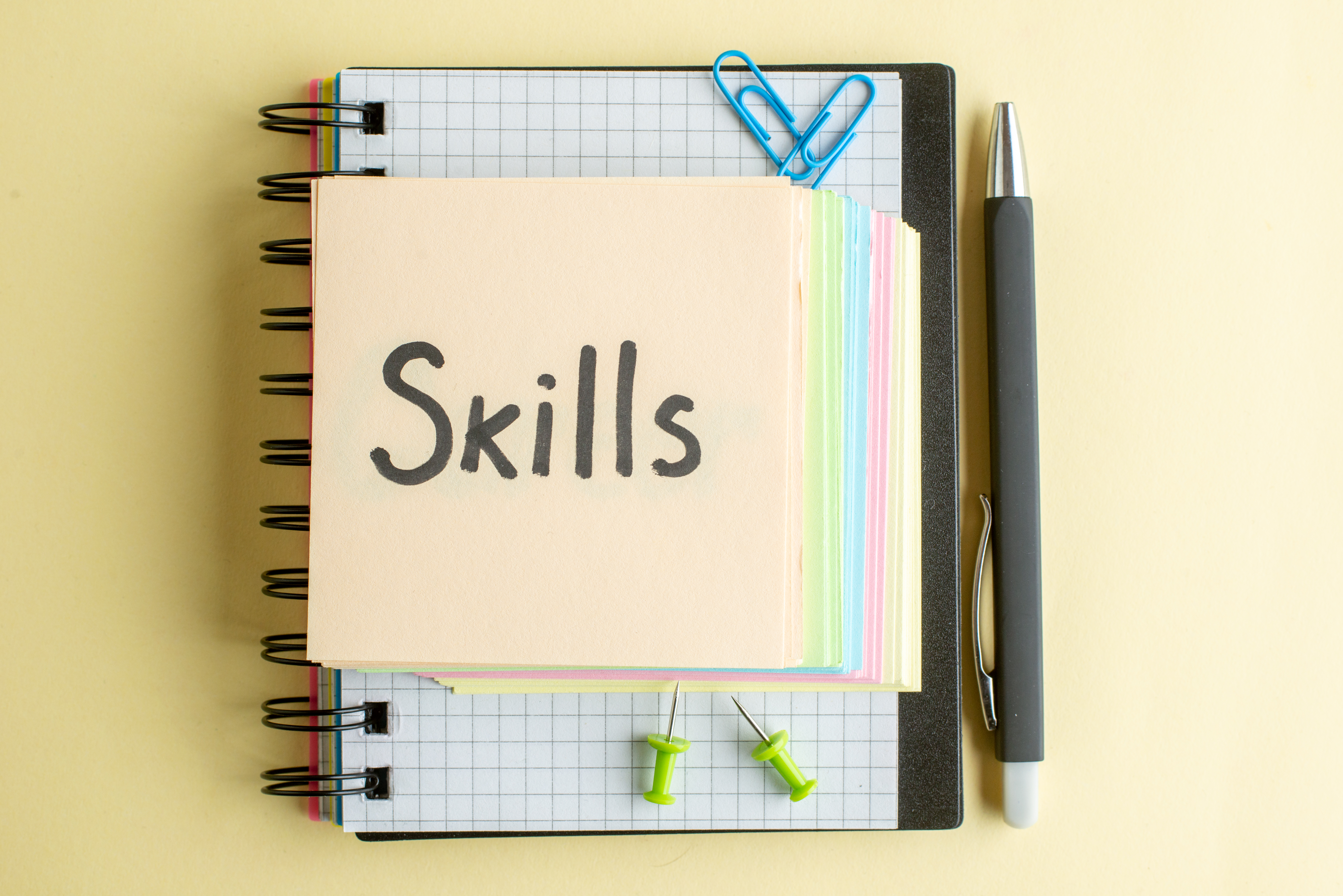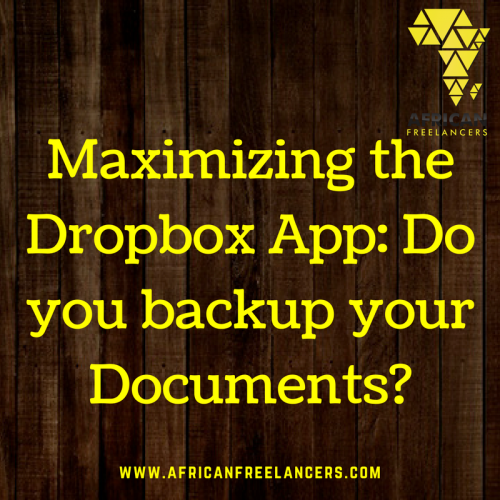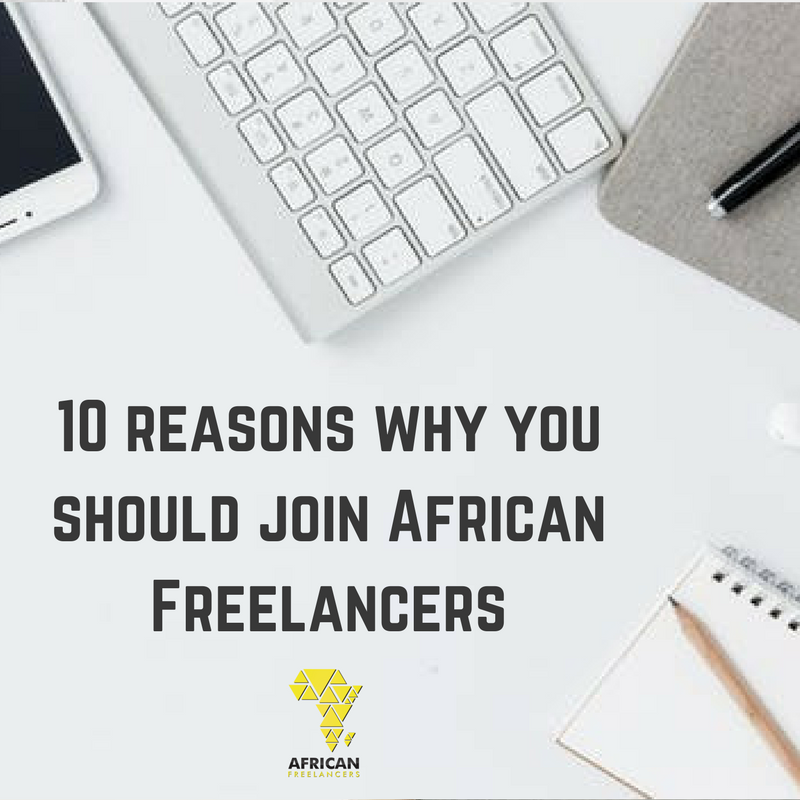Freelancing in Africa has opened up new opportunities for skilled professionals to work remotely, earn in foreign currency, and bypass traditional employment barriers. Yet, many African freelancers still face challenges regarding securing employment or retaining it. Despite having the technical know-how, poor communication, missed deadlines, and a lack of professionalism often hinder progress. This is where the conversation around soft skills vs hard skills becomes crucial.
Understanding the difference and learning how to apply both can dramatically improve your employability. In this article, we explore what soft and hard skills really mean, how they affect your freelance success, and what African freelancers can do to stand out in a competitive market.
What Are Soft Skills and Hard Skills?
Before deciding which matters more, we need to understand the meaning of soft and hard skills.
Hard skills are the technical abilities you’ve learned through courses, training, or hands-on experience. Think of things like graphic design, software development, bookkeeping, SEO, or content writing. These are usually measurable and easy to list on a resume or freelance profile. They’re often what potential clients look for first when deciding who to hire.
In contrast, soft skills are the personal and interpersonal qualities that shape how you work. These include communication, time management, emotional intelligence, adaptability, and problem-solving. While they’re harder to measure, soft skills have a direct impact on how well you handle clients, meet deadlines, resolve conflicts, or manage multiple projects. Your hard skills can help you win jobs, but it’s your soft skills that determine how long you keep clients and how far your freelance career can grow.
Soft Skills Definition (And Why It Matters for Freelancers)
Soft skills refer to the non-technical abilities that shape how you interact with others and approach your work. This includes your communication style, emotional intelligence, adaptability, professionalism, and even how well you handle feedback or stress. Unlike hard skills, you won’t get a certificate for soft skills, but clients notice them right away.
For African freelancers, soft skills often make the difference between a one-time gig and a long-term working relationship. A freelance writer may know how to structure an article, but if they miss deadlines or can’t take constructive feedback, clients won’t return. A graphic designer may have an impressive portfolio, but if they ghost a client after revisions are requested, it kills trust and reputation.
Courses are everywhere, and certifications aren’t scarce, but soft skills are often what set you apart. They help you communicate clearly with international clients, manage expectations effectively, resolve misunderstandings promptly, and foster trust over time.
Simply put, soft skills are your professional habits, and they matter just as much as your hard-earned technical know-how.
The Role of Hard Skills in Getting Hired
When it comes to landing freelance jobs, hard skills often take the lead. Clients are typically looking for someone who can solve a specific problem or deliver a clear result, whether that’s writing blog posts, building a website, designing a logo, or managing social media campaigns. If you don’t have the required technical skills, you may not even get past the first filter.

That’s why building and updating your hard skills is essential for employability. African freelancers who are self-taught or have taken online courses in areas like UI/UX design, coding, digital marketing, or virtual assistance are already ahead of the curve. These skills are measurable, easy to showcase in portfolios or profiles, and help you stand out on platforms like Upwork, Fiverr, and LinkedIn.
Still, hard skills alone aren’t enough. Many freelancers lose opportunities—not because they can’t do the job, but because they fail to communicate well, miss deadlines, or struggle to manage client expectations. So while hard skills may open the door, you’ll need more than technical ability to stay in the room.
Soft Skills in a Resume: The Overlooked Power Move
When freelancers think about updating their resumes or online profiles, they often focus on technical skills and job titles. However, knowing how to effectively showcase your soft skills, particularly those that are most valuable in a remote work environment, can give you a significant edge.
Most clients aren’t just hiring for ability; they’re hiring for reliability, communication, and professionalism. While listing your tools and certifications is great, highlighting how you manage feedback, meet deadlines, or collaborate with others is just as important.
Here’s how African freelancers can reflect soft skills in a resume or freelance profile:
- In your summary or bio: Use phrases like “strong communicator,” “highly adaptable,” or “committed to meeting deadlines.”
- In your project descriptions: Rather than only listing tasks, mention how you handled client collaboration or solved challenges.
- In testimonials or reviews: Positive feedback from past clients that mentions your attitude, work ethic, or responsiveness says more than you can.

Even in brief proposals, incorporating soft skills can make a significant difference. Instead of simply saying “I can design your website,” say “I’ll work closely with you to understand your brand and deliver a clean, user-friendly design, on time and with regular updates.”
In freelancing, people hire people. And showing that you’re not just capable, but dependable and easy to work with, can put you ahead.
Soft Skills vs Hard Skills: Which Matters More?
This is the big question for many freelancers. The honest answer is that both matter, but for different reasons and at different stages.
As an African freelancer, your hard skills are often what get you noticed. They’re what clients look for in search filters and job descriptions. Without these, it’s difficult to even compete.
But it’s your soft skills that keep you hired, help you win referrals, and build a solid reputation. Freelancers who communicate clearly, consistently meet deadlines, manage client expectations, and handle challenges professionally tend to receive better reviews and repeat business, regardless of the competition.
Here’s a practical way to think about it:
- Hard skills help you get the job.
- Soft skills help you keep your job and grow your freelance career.
In a remote-first world where clients may never meet you in person, your ability to build trust, deliver on promises, and handle communication smoothly is more important than ever. And for African freelancers breaking into international markets, soft skills like cultural awareness, time zone sensitivity, and proactive communication can make all the difference.
Conclusion
What then, do clients really pay for? For African freelancers, the real competitive edge isn’t just knowing how to do the job, it’s knowing how to work with people while doing it. The conversation around soft skills vs hard skills isn’t just theory; it’s at the core of why some freelancers get constant referrals while others quietly disappear after one project.
Yes, you need hard skills to show up in searches and pass client tests. However, it’s your soft skills —i.e., how you handle pressure, respond to feedback, and manage your time —that determine whether clients come back, trust your process, or recommend you to others.
In short, technical ability may help you start, but it’s your attitude and habits that keep the doors open.
So if you’re serious about building a sustainable freelance career, don’t just chase certificates. Audit your people skills. Polish how you show up. Clients aren’t only buying your output—they’re buying the experience of working with you. As you polish your hard skills and soft skills, don’t forget to read other articles on our blog and join our community of like-minded African freelancers.





